Do you and your loved ones have a plan ready in the event of a hurricane? With hurricane season approaching, we want to ensure that you and your communities are well prepared.
To coincide with Hurricane Preparedness Week happening May 6-12, we are sharing National Weather Service’s tips to help make sure you’re prepared if a hurricane strikes. As we saw with Hurricanes Harvey and Irma last year, neighbors are often each other’s first responders during a natural disaster. Throughout these two disastrous storms, neighbors used Nextdoor to stay connected and share updates about evacuation zones, conditions of neighborhoods and evacuation routes, and the closest available shelters. They relied on each other for rescue, especially as phone lines went down and 911 was inundated with calls. Local public agencies also used Nextdoor to share critical information and emergency updates with their residents (you can read more about that here.)
We’re proud that Nextdoor is being used as a tool for neighbors and local public agencies to connect, communicate, and help each other stay safe during disasters. Prepared communities are the most resilient communities, so it is important that neighbors work together to have a plan in place.
Read on for tips from NWS and get prepared!
Determine your risk
Hurricanes are not just a coastal problem. Their impacts can be felt hundreds of miles inland, and significant impacts can occur without it being a major hurricane. This week is your time to prepare for a potential land-falling tropical storm or hurricane. Learn more at weather.gov/hurricanesafety and hurricanes.gov/prepare.
Develop an evacuation plan
During Hurricane Preparedness Week, make sure you have a hurricane evacuation plan. The first thing you need to do is find out if you live in a storm surge hurricane evacuation zone or if you’re in a home that would be unsafe during a hurricane. If you are, figure out where you’d go and how you’d get there if told to evacuate. You do not need to travel hundreds of miles. Identify someone, perhaps a friend or relative who doesn’t live in an evacuation zone or unsafe home, and coordinate with them to use their home as your evacuation destination. Be sure to account for your pets, as most local shelters do not permit them. Put the plan in writing for you and those you care about and share your plan with your neighbors. To find evacuation zones, visit: http://flash.org/hurricane-season/evacuation-zones/find-your-evacuation-zones.pdf.
Assemble disaster supplies
If a hurricane strikes, you’re going to need supplies not just to get through the storm but for the potentially lengthy recovery period that could follow. Have enough non-perishable food, water and medicine to last each person in your family a minimum of one week. Electricity and water could be out for at least that long. You’ll need extra cash, a battery-powered radio and flashlights. You’ll also need a portable crank or solar powered USB charger to charge your cell phone. Check with your neighbors – especially if they’re elderly or disabled – to make sure they also have the supplies they’ll need.
Get an insurance check up
This Hurricane Preparedness Week, call your insurance company or agent and ask for an insurance checkup to make sure you have enough homeowners insurance to repair or even replace your home. Don’t forget coverage for your car or boat. Remember, standard homeowners insurance doesn’t cover flooding. Whether you’re a homeowner or renter, you’ll need a separate policy for flooding. It’s available through your company, agent or use the agent locator at https://www.floodsmart.gov/. Check with your neighbors to see if they have recommendations for insurance coverage. Act now as flood insurance requires a 30-day waiting period.
Strengthen your home
If you plan to ride out a hurricane in your home, make sure it is in good repair and up to local hurricane building code specifications. Have the proper plywood, steel or aluminum panels to board up the windows and doors. Remember, the garage door is the most vulnerable part of the home, so it must be able to withstand high winds. Lend a hand to your neighbors to help them secure their homes as well.
Help your neighbors
Many Americans rely on their neighbors after a disaster, but there are also many ways you can help your neighbors before and during a hurricane. Learn about all the different actions you and your neighbors can take to prepare and recover from the hazards associated with hurricanes: https://community.fema.gov/action/plan-with-neighbors. Use Nextdoor to both get to know your neighbors and to make a plan for how you’ll help each other!
Complete a written plan
The time to prepare for a hurricane is before the season begins, when you have the time and are not under pressure. If you wait until a hurricane is on your doorstep, the odds are that you will be under duress and will make the wrong decisions. Take the time now to write down your hurricane plan. Know where you will ride out the storm and get your supplies now. You don’t want to be standing in long lines when a Hurricane Watch is issued. Those supplies that you need will probably be sold out by the time you reach the front of the line. Being prepared before a hurricane threatens makes you resilient to the hurricane impacts of wind and water. It will mean the difference between your being a hurricane victim and a hurricane survivor. Once you’ve completed your plan, share it with your family, friends, and neighbors.

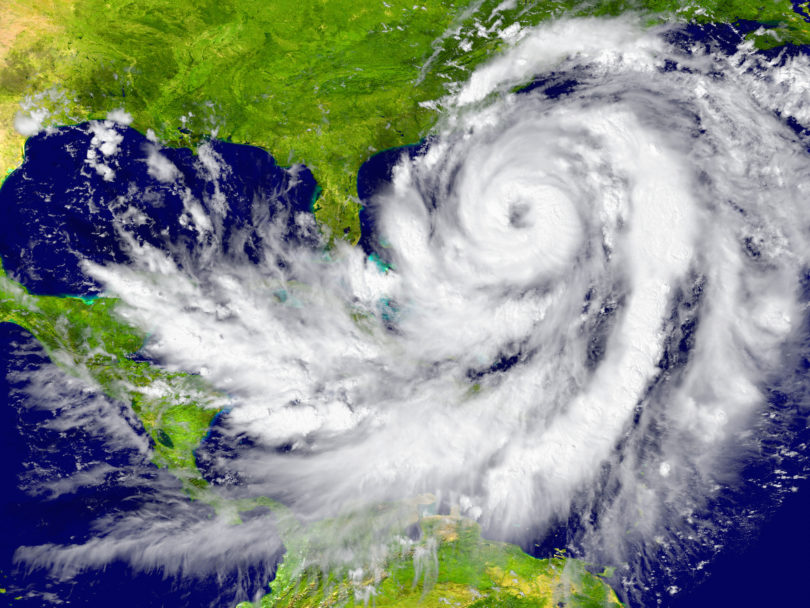
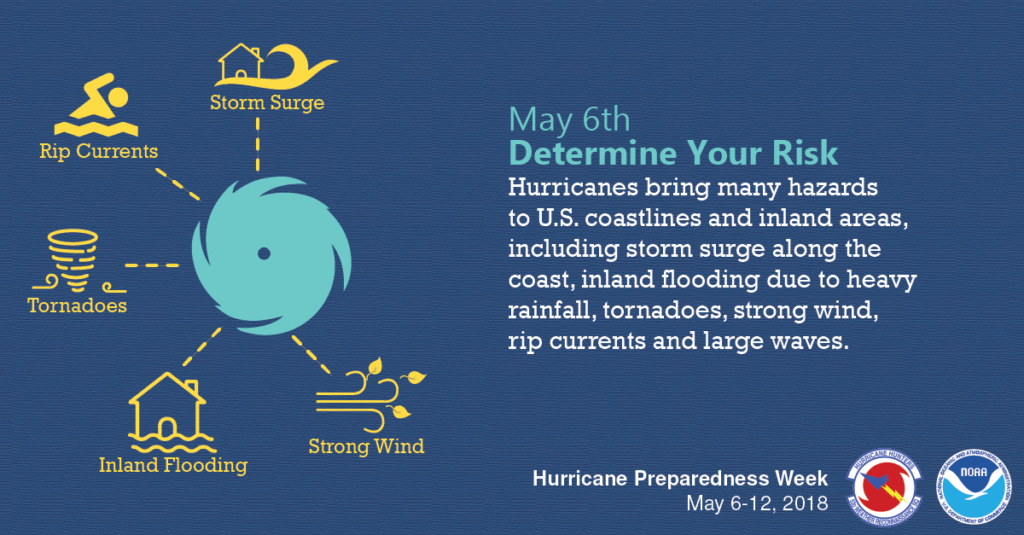
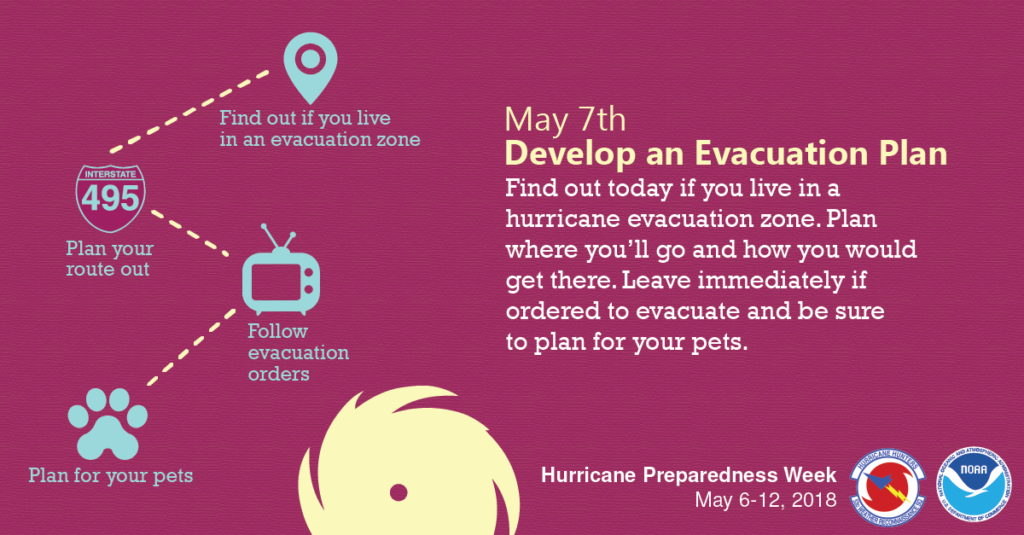
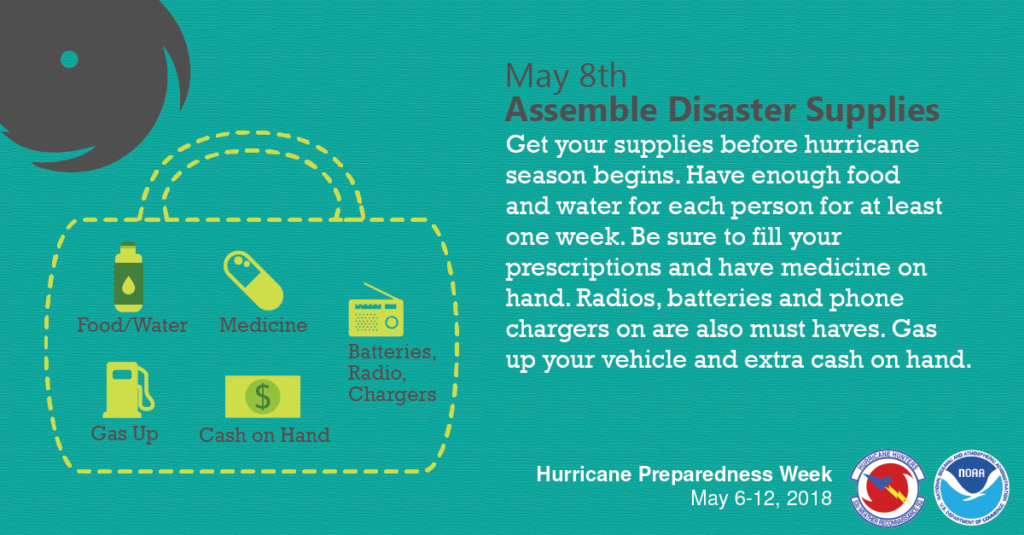

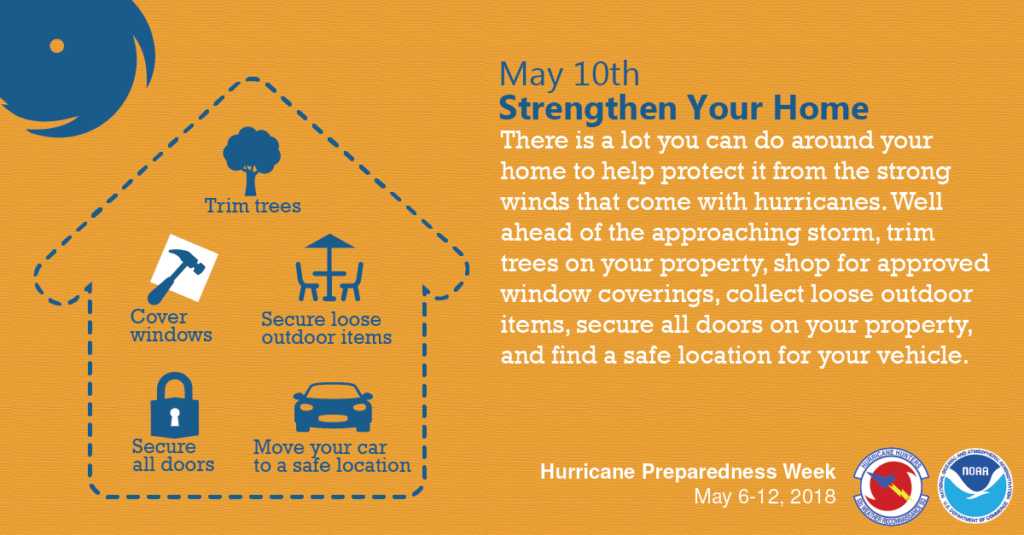
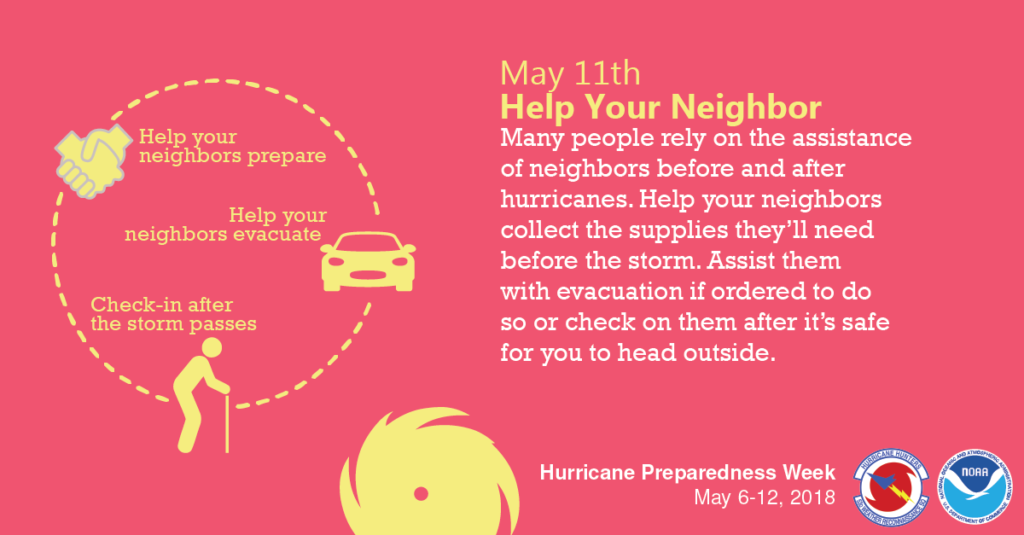
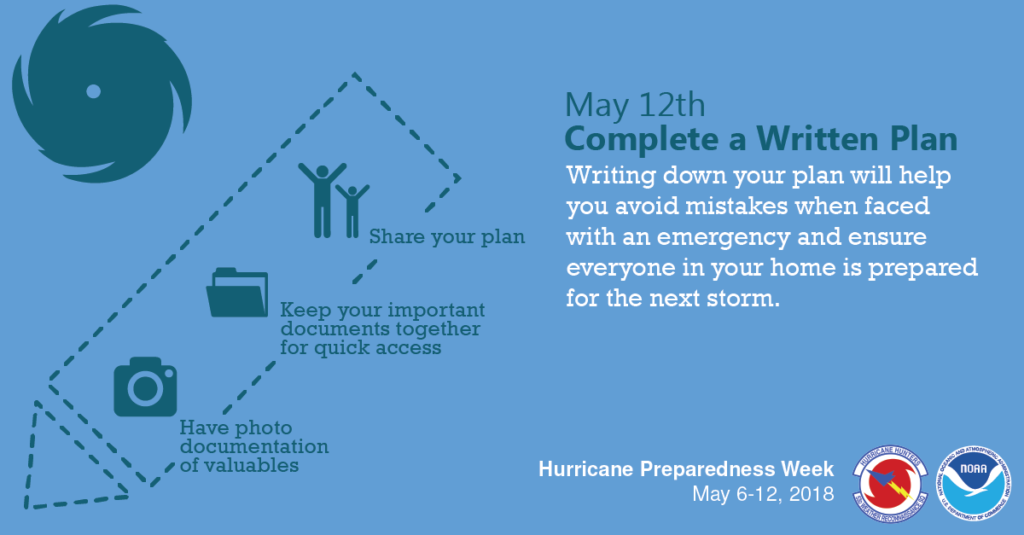
Leave a Comment